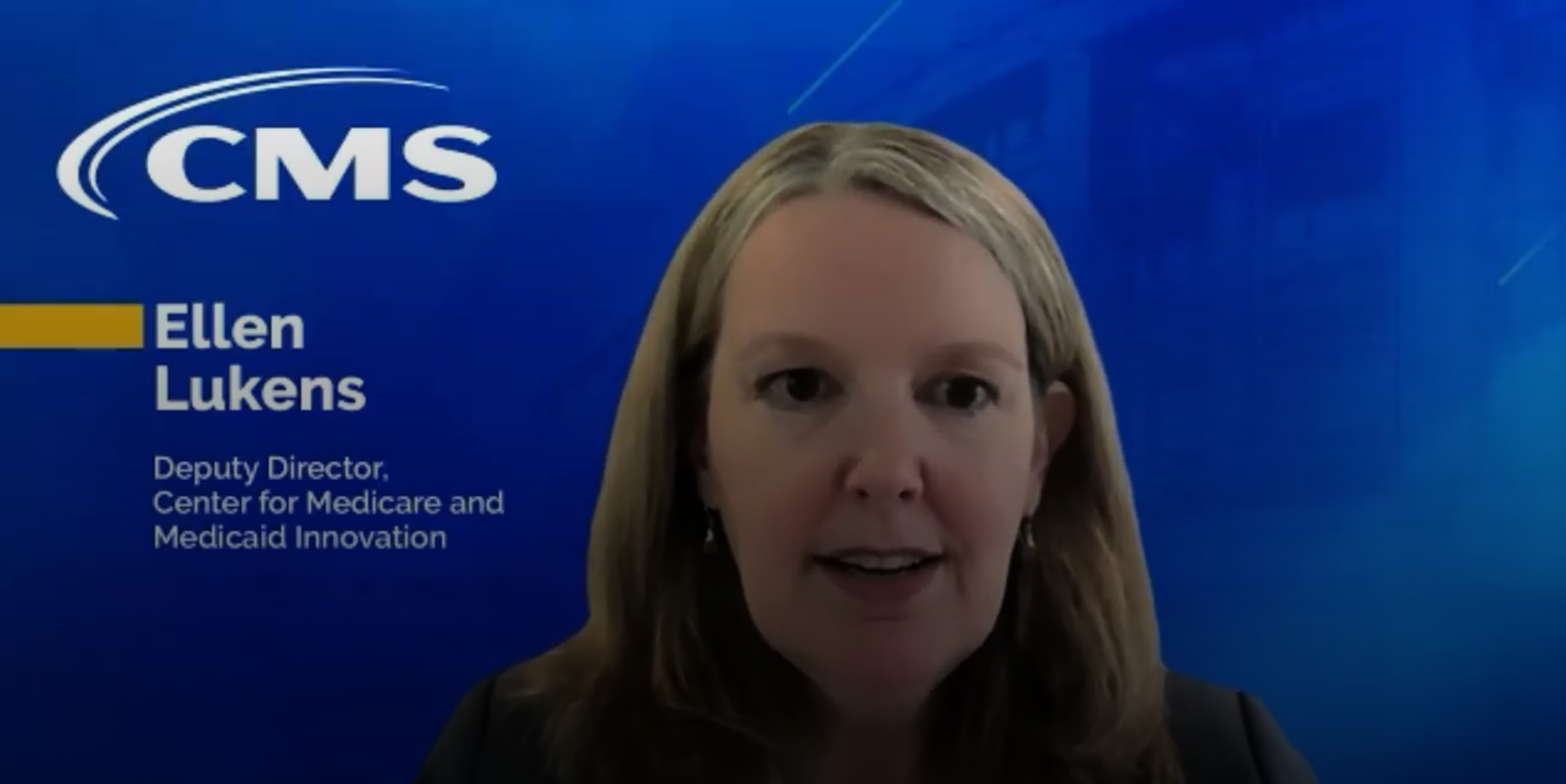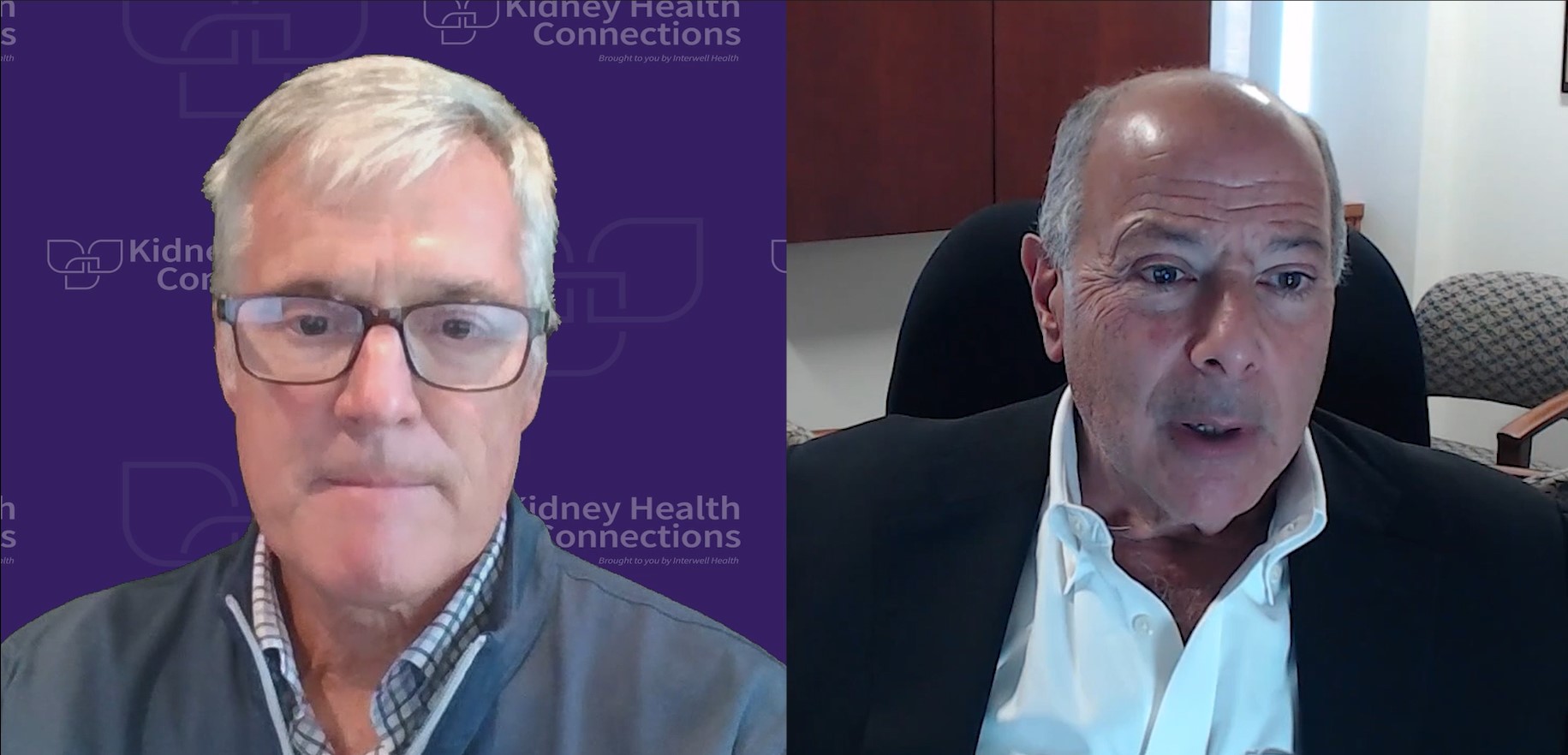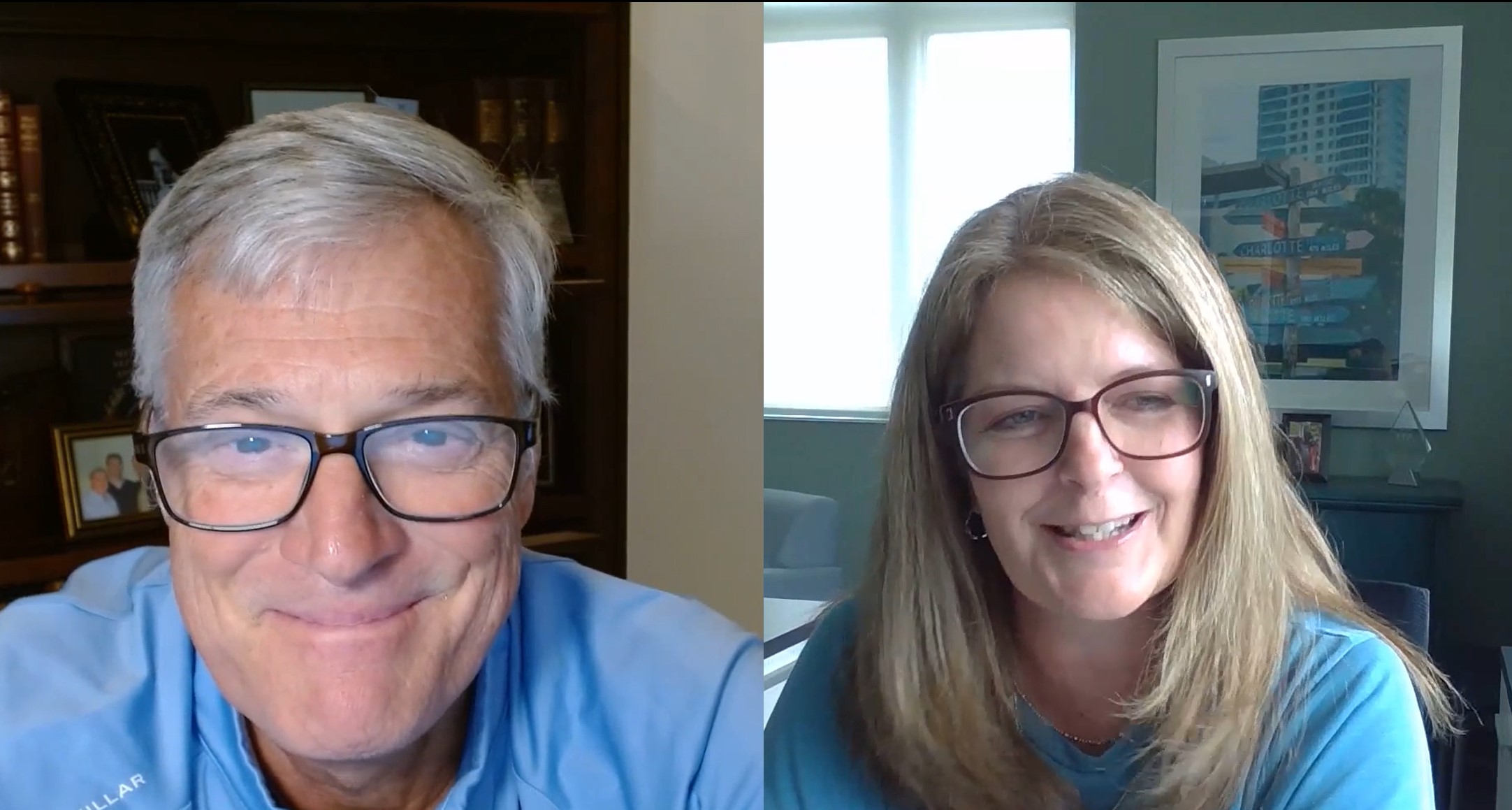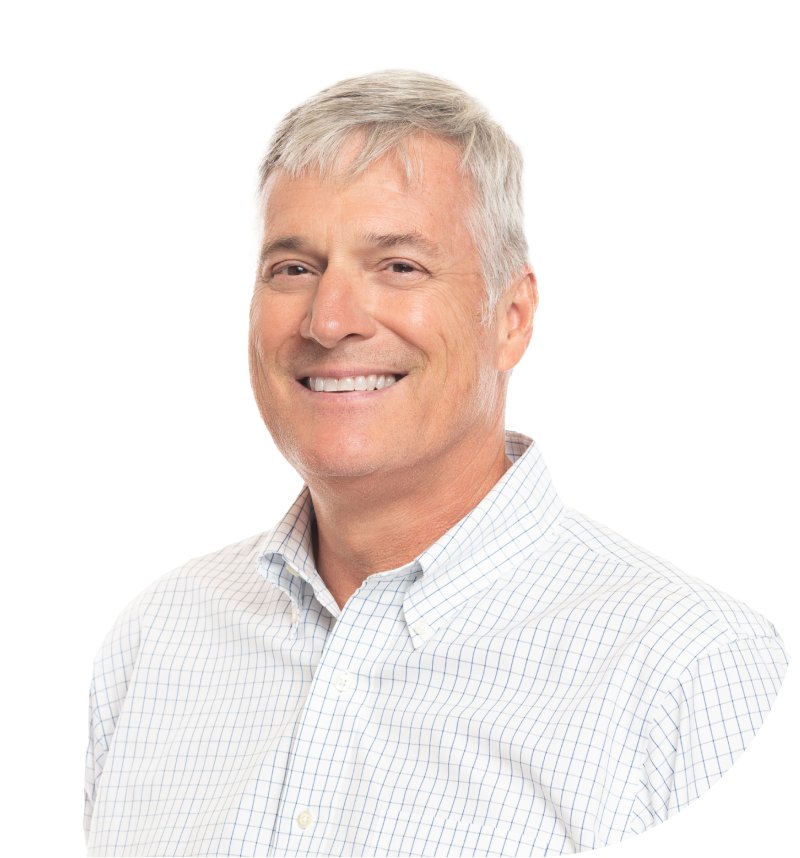Advances in Kidney Care: From AI to Xenotransplantation
The Kidney Health Connections podcast covers how groundbreaking innovations are revolutionizing kidney care and transforming patient lives.
tags

I've been a nephrologist for many years, and I can confidently say this is the most exciting time in my entire career to be in kidney care. For decades the standard of care went nearly unchanged, but now we are seeing significant growth in innovation, especially in the realms of value-based kidney care models, breakthrough treatments, and transplantation.
From where I sit as chief medical officer of Interwell Health, I get to experience this progress firsthand. Yet it’s the conversations I’ve had over the last year as host of our Kidney Health Connections podcast that have made me realize just how momentous this transformation is both for patients and for the healthcare community. What we’re experiencing is nothing short of a renaissance in kidney care.
“The next generation of people living with chronic kidney disease will have a far different care experience than any generation before them.”
Driving fundamental change in CKD care
Over the course of recording our first season of Kidney Health Connections, I was fortunate enough to speak with many leaders in the nephrology space—from top policymakers, to leading physicians, to our own team of experts in healthcare quality, technology, and care delivery. What I heard and learned only fortified my belief that the next generation of people living with chronic kidney disease (CKD) will have a far different care experience than any generation before them.
A standout moment was my discussion with Alex Azar, former U.S. Secretary of Health and Human Services. Secretary Azar was instrumental in launching the Advancing American Kidney Health (AAKH) initiative, which set a new bar for improving access to kidney care and preventing kidney failure. As he pointed out in our discussion, the strategy he helped put in place less than 10 years ago marked the “first fundamental changes to how we deliver and pay for kidney care in the United States in 50 years.”
Secretary Azar expressed an optimism for the future of kidney care, a theme that was shared throughout my conversations with our expert guests. When I spoke with Ellen Lukens, who at the time was deputy director of the Center for Medicare and Medicaid Innovation, she voiced excitement around early results from the government’s value-based kidney care model, citing statistically significant increases in optimal starts and home dialysis rates. We discussed how value-based care is driving cultural change in how nephrology practices operate and CMMI’s aim to solidify a permanent model for more coordinated kidney care.

We also dove into how technology, data, and artificial intelligence are enhancing care delivery and outcomes. Alex Ruterbories, our senior director of machine learning and engineering at Interwell, spoke about how machine learning and analytics are being used to predict patient risks and personalize treatment. Our conversation made it clear that AI is already transforming healthcare, including kidney care, in a very real way. For instance, Alex and his team are developing custom AI models that integrate with our existing platforms to arm care team members with actionable insights for improving patient engagement.
From science fiction to real progress for real patients
Since we wrapped up the first season of Kidney Health Connections, we’ve been busy behind the scenes planning and producing our next round of conversations on the future of kidney care. Spoiler alert: we are bringing you amazing guests talking about the most important topics in nephrology and value-based care today.
In an upcoming episode, leading transplant expert Dr. Jay Fishman takes us behind the scenes at Massachusetts General Hospital to his early conversations with famed Harvard geneticist George Church on editing the first pig kidney to be transplanted into a living person. Thanks to Dr. Fishman and other researchers in the field, xenotransplantation is no longer science fiction; it represents a tangible potential solution for the organ shortage crisis and offers a new horizon for transplant innovation.

I’m particularly excited to introduce our guest Alex Berrios, who has lived with kidney disease for half his life. Alex takes us through his journey from diagnosis to dialysis, and to his current quest for a second transplant. His story gives us a deeply personal look into how living with kidney disease impacts patients’ well-being, families, and careers. In addition, Alex brings a unique dual perspective to our conversation; as a patient support coordinator here at Interwell, he speaks with others on their own kidney care journeys nearly every day.
Of course, the ultimate goal is to prevent kidney failure altogether, so patients never need a transplant or dialysis. This season we’ll speak with Dr. Katherine Tuttle, a prominent kidney disease researcher whose pioneering work is foundational to many of the breakthrough treatments we have available for CKD today. We’ll cover the exciting potential of SGLT2 inhibitors, GLP-1s, and new medications on the horizon that represent a profound opportunity to dramatically improve long-term outcomes while also reducing the enormous costs associated with end-stage kidney disease.
A turning point for true transformation
As my friend Jennifer Huneycutt reminded us when we spoke about her experience driving value-based care at Metrolina Nephrology Associates, progress only matters if it makes a real difference in patients’ lives. That is the crossroads we stand at today: we have seen incredible advances in kidney care, and now it’s time to ensure patients benefit from them.

That’s where value-based kidney care comes in. With an emphasis on outcomes, not volume, value-based care is a win-win-win. It empowers providers to focus on high-quality care, enables payers to manage rising healthcare utilization and costs, and improves quality of life for patients. Transitioning from the traditional fee-for-service way of delivering care to an entirely new care model isn’t easy, yet my conversations—both as chief medical officer and podcast host—give me hope that we are at a turning point.
Our provider partners truly believe value-based care is the best path forward for their practices and patients. While we continue to have candid conversations about reimbursement and the challenges of meeting patients’ needs, our partners are seeing real improvements in important quality measures such as optimal starts. Only a small percentage of their patients are in value-based contracts today, but that percent is growing and, with it, their opportunities for shared savings are growing as well.
And health insurance companies are ready to go all-in on value-based care, too. Year over year, our value-based care programs drive improved outcomes and reduced costs. As a result, we are collaborating with our payer partners to expand value-based kidney care programs nationwide and moving upstream to reach patients earlier in their disease. The conversation has shifted from “Can we do this?” to “How can we do more?”
Join us for new episodes starting in October 2025!
We launched Kidney Health Connections to shine a light on the leaders and innovators bending the kidney care cost curve and, most importantly, changing the trajectory of patients' lives. We hoped it would resonate with audiences, and we are thrilled that listeners tuned in to download episodes from our first season more than 17,000 times.
As we turn to exciting new topics with some of the world’s leading experts for season two, I hope you’ll join us for more discussions on the future of kidney care. This year we are moving from the "why" of value-based care to exploring the "how" of implementing truly transformative treatments and technologies.
Subscribe to Kidney Health Connections on your favorite podcast platform and visit our website for more resources and insights into the future of kidney care.

George Hart, MD
Chief Medical Officer
George brings a 30-year career in nephrology and as a practicing physician to his role as Chief Medical Officer.